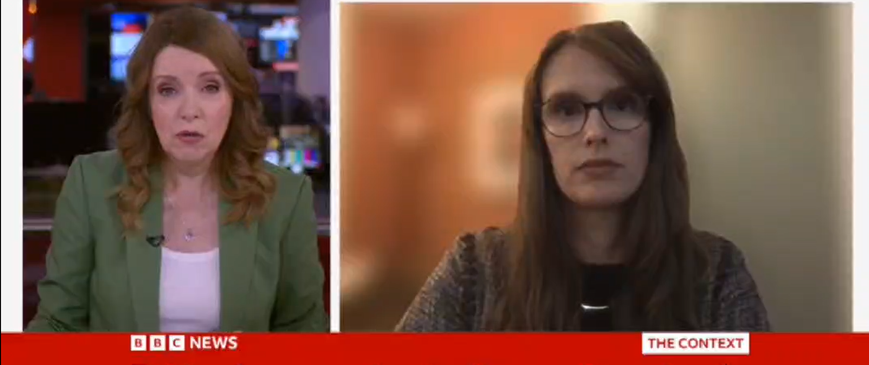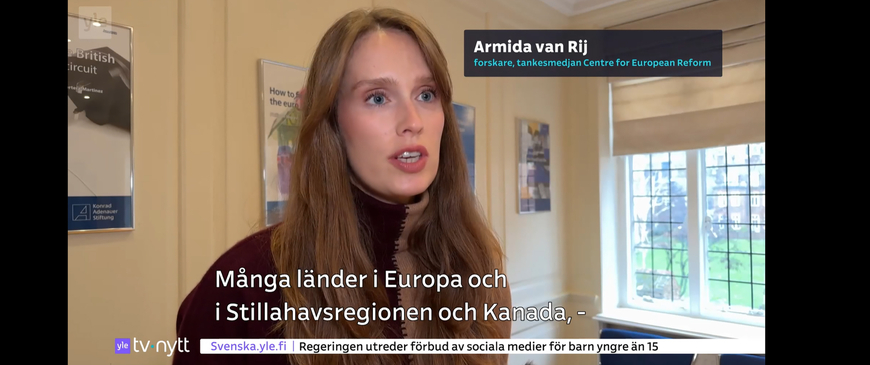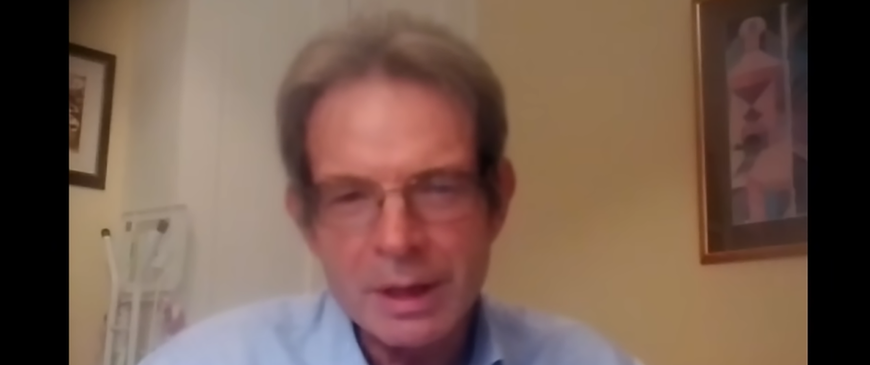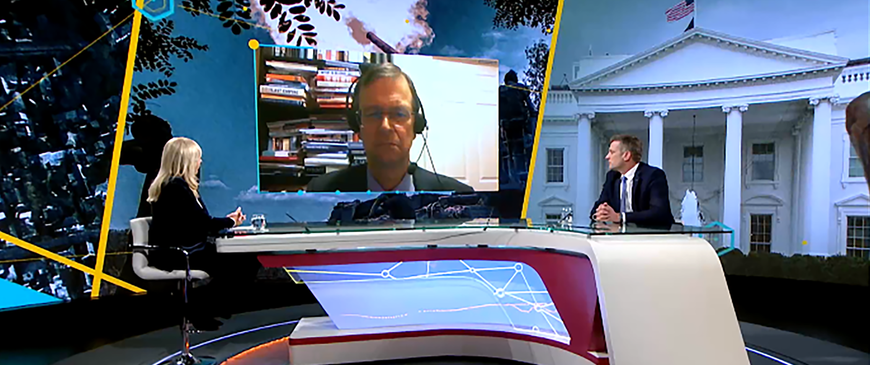Press
Is EU short on options to end violence in Syria?
30 May 2012
Middle East Online
The bloc's fledgling foreign service, under the leadership of Catherine Ashton, can do very little as "EU diplomacy is still the lowest common denominator," said Edward Burke of the CER.
Greece and the eurozone: Managing the crisis
29 May 2012
Open democracy
How the eurozone handles Greece will determine whether or not the single currency survives - and hence the future of the European Union as a whole.
Lagarde worries little for Greeks
28 May 2012
The Sydney Morning Herald
An Irish ''no'' would not by itself derail the fiscal treaty - only 12 eurozone countries are required to ratify it. But Hugo Brady, of the CER, said: ''The sense of a backlash against austerity would be much enforced.''
Hague, Lavrov smooth over Syria
28 May 2012
The Moscow Times
Edward Burke of the CER, said Britain was concerned about worsening ties after Putin's return to the Kremlin. "Hague is a pragmatist. … He does not like microphone diplomacy."
All pain, no gain: The Irish backlash that could mean a 'No' to Europe's austerity plans
27 May 2012
The Telegraph
"A No vote in the only popular poll on current efforts to save the euro would be hugely damaging to the treaty, in that it would signal to investors that if it was put to a vote in many countries, it would not get past," said Hugo Brady, of the CER.
An ever-deeper democratic deficit
26 May 2012
The Economist
The Lisbon treaty gives national parliaments only a limited role. Charles Grant of the CER, suggests enlarging this. He would give more prominence to COSAC, the group that brings together national parliaments' European affairs committees, perhaps putting a delegation of national MPs in Brussels to work more closely with the European Parliament.
Cameron tells eurozone how to solve crisis
24 May 2012
Financial Times
"Intellectually, I think Cameron is right with his analysis," says Charles Grant, director of the Centre for European Reform. "But the way he has said it has increased concern in the markets and that has damaged Britain's soft power."
Europe's odd couple sets off on right foot
24 May 2012
Agence France Presse
But can he [Hollande] make a meaningful difference? "Only if he handles Merkel with great diplomatic dexterity," said Charles Grant of the CER. "Until recently, many German leaders seemed disconcertingly certain that their policies for dealing with the eurozone crisis were absolutely right."
Eurozone countries appear far from compromise
24 May 2012
The Washington Post
“At this juncture, it’s hard to see how the Germans could make big concessions,” said Simon Tilford, of the CER. “What could potentially open up space for the Germans to make big changes would be a Greek departure”
Europa afronta dividida la cumbre del crecimiento
23 May 2012
RTVE
Para SimonTilford, del CER, Alemania debe afrontar una difícil elección: "O niveles de inflación más altos a costa de la confianza del electorado alemán en el euro o la suspensión de pagos de varios Estados soberanos que, en última instancia, provocaría el colapso de la moneda común."
Eurozone needs higher German inflation
23 May 2012
BBC News
Simon Tilford talks to the BBC and the need for higher German inflation at 6.35.
Merkel's choice: Pay out or stop playing the game
21 May 2012
Evening Standard
The euro project turns out to have been based on half-truths and false promises, yet as Simon Tilford of the CER says, abandoning it now could be even worse. Rich nations never expected to offer indefinite support to poor ones, nor poor ones to have their lives shrivelled by crushing debts.
Greek crisis poses unwanted choices for Western leaders
20 May 2012
International Herald Tribune
"Anyone who thinks a Greek departure would be cleansing and not cause systemic contagion is deluding themselves," said Simon Tilford, chief economist at the CER in London.
Greek crisis poses unwanted choices for Western leaders
20 May 2012
International Herald Tribune
"If Greece goes, there would have to be a clear signal from Germany that it would do everything necessary to keep Spain, and that the ECB will do all it must to help Spanish banks," said Charles Grant, director of the CER. "It really comes down to the Germans," Mr Grant said. "If they don’t do the right thing, the euro zone comes closer to unraveling."
Hour of truth has come for Europe
20 May 2012
El Pais
“Paradoxically, every solution consists of more Europe,” concludes Charles Grant of the CER.
The jobless generation: Europe
19 May 2012
Irish Times
John Springford of the CER, warns that the nature of the crisis will have far-reaching effects. "Even in good times the rate of youth unemployment is higher than for older people, but the time spent out of work is usually short. Now the rate is much higher, and young people are out of work for much longer periods."
Rising Greek political star, foe of austerity, puts Europe on edge
18 May 2012
The New York Times
Simon Tilford of the CER in London, said, "The Europeans may blink, but this time they might not blink enough." He said that European leaders might propose a "mini-Marshall Plan" to stoke growth in Greece, but that what was needed were political changes to promote closer bonds among eurozone countries.
Greece deserves credit, but debt's an issue
17 May 2012
The Wall Street Journal
"Take the troika's forecasts of Greek GDP with a hefty pinch of salt, because the economy is in free fall," said Simon Tilford, an economist at the CER in London. ... "There will be have to be haircuts on the loans made to Greece by the eurozone governments ...
New French foreign minister faces baptism of fire
17 May 2012
France 24
But Charles Grant, director of the CER told FRANCE 24 that such is Assad's defiance of international pressure that "no matter what France says towards Syria it will not make any difference".
Europe needs Germany to lighten up
16 May 2012
The Washington Post
As economist Simon Tilford of the CER puts it, "any attempt to permanently lock-in [German] competitiveness gains will simply perpetuate the crisis."













